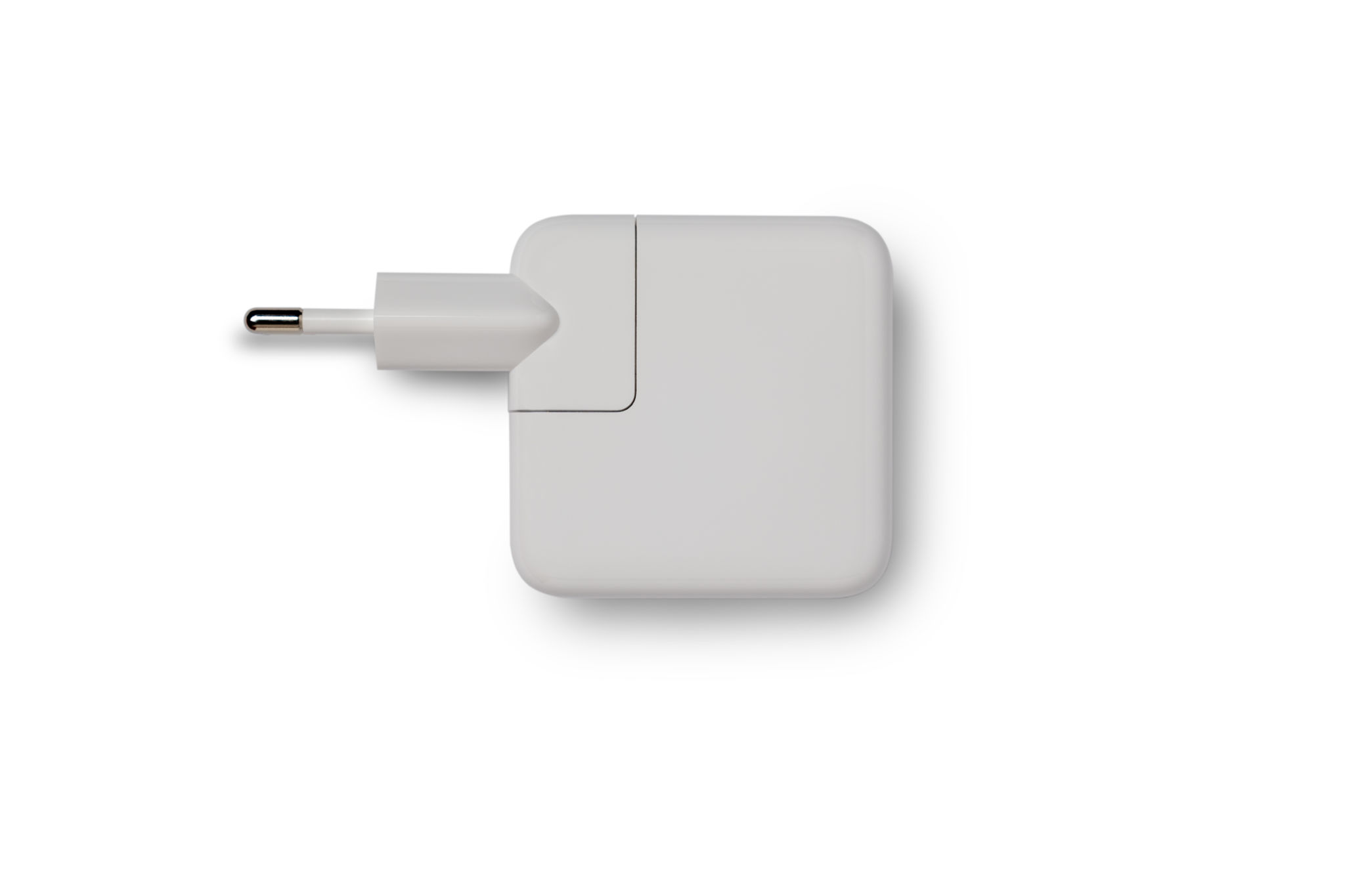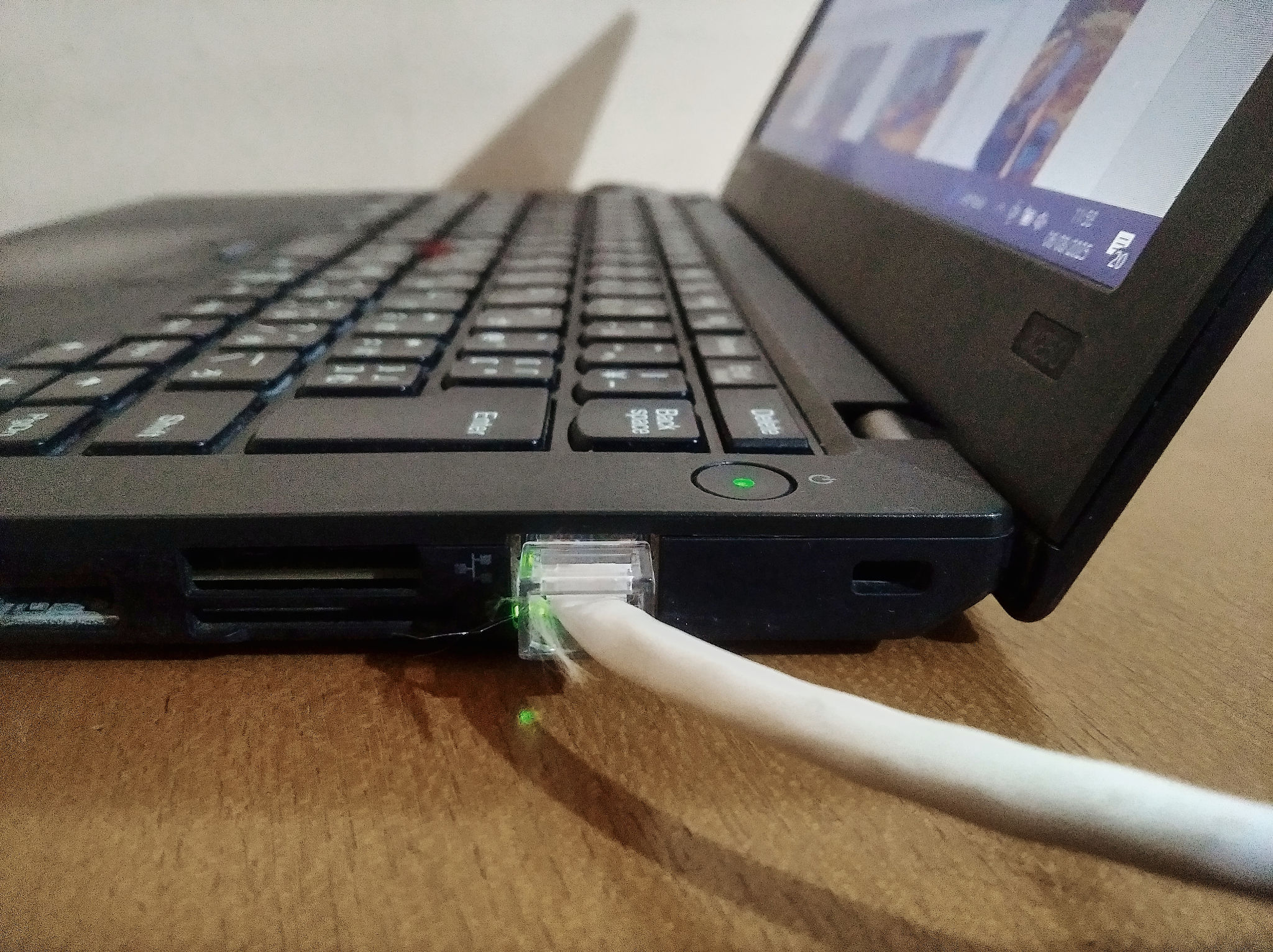Choosing the Right Laptop Charger: A Comprehensive Buying Guide
MA
Understanding Your Laptop's Power Needs
One of the first steps in choosing the right laptop charger is understanding your laptop's power requirements. Every laptop model has specific voltage and amperage needs, which can usually be found on the original charger or the bottom of the laptop itself. Using a charger with the wrong specifications can lead to inefficient charging or even damage to your laptop. Therefore, always check your device's manual or manufacturer's website for the exact details.

Types of Laptop Chargers
Laptop chargers come in various types, and it's crucial to select one that is compatible with your device. The most common types are AC adapters, USB-C chargers, and power banks specifically designed for laptops. AC adapters are the traditional choice and often come with the laptop. In contrast, USB-C chargers offer more flexibility as they can also charge other devices like smartphones and tablets. If you're constantly on the go, a high-capacity power bank might be a viable option for portable charging.
Compatibility Considerations
Ensuring compatibility is vital when selecting a laptop charger. Besides matching the voltage and amperage, you need to consider the charger’s connector type. Laptops can have different types of charging ports, such as barrel connectors, USB-C, or proprietary connectors specific to brands like Apple or Microsoft. Make sure that the charger's connector matches your laptop's charging port.

The Role of Wattage
Wattage plays a significant role in how quickly your laptop will charge. A charger with higher wattage can charge your laptop faster but ensure that it doesn’t exceed the maximum wattage that your laptop can handle. Conversely, using a charger with lower wattage than required might charge your laptop more slowly or not at all.
Genuine vs. Third-Party Chargers
When purchasing a replacement charger, you may wonder whether to buy a genuine charger from the manufacturer or a third-party option. While genuine chargers are typically more reliable and durable, they can be more expensive. Third-party chargers can be a cost-effective alternative but ensure they come from reputable brands and meet safety standards. Look for certifications like CE, UL, or FCC to verify their quality.

Portability and Additional Features
If portability is a priority, consider the size and weight of the charger. Some models offer compact designs that are easy to carry around. Additionally, look for features like built-in surge protection or multiple USB ports for added convenience. These extras can enhance the functionality of your charger and protect your device from power surges.
Shopping Tips and Recommendations
When shopping for a laptop charger, start by researching online reviews and ratings to gauge performance and reliability. Compare prices across different retailers to find the best deal, but be wary of prices that seem too good to be true as they may indicate counterfeit products. If you're unsure, consult with customer service representatives who can guide you based on your laptop’s model and requirements.
Conclusion: Making an Informed Decision
Choosing the right laptop charger involves understanding your device’s power specifications, ensuring compatibility, and considering factors like portability and price. By taking these aspects into account, you can select a charger that meets your needs and keeps your laptop running smoothly. Remember that investing in a quality charger is crucial for maintaining your laptop's performance and longevity.
